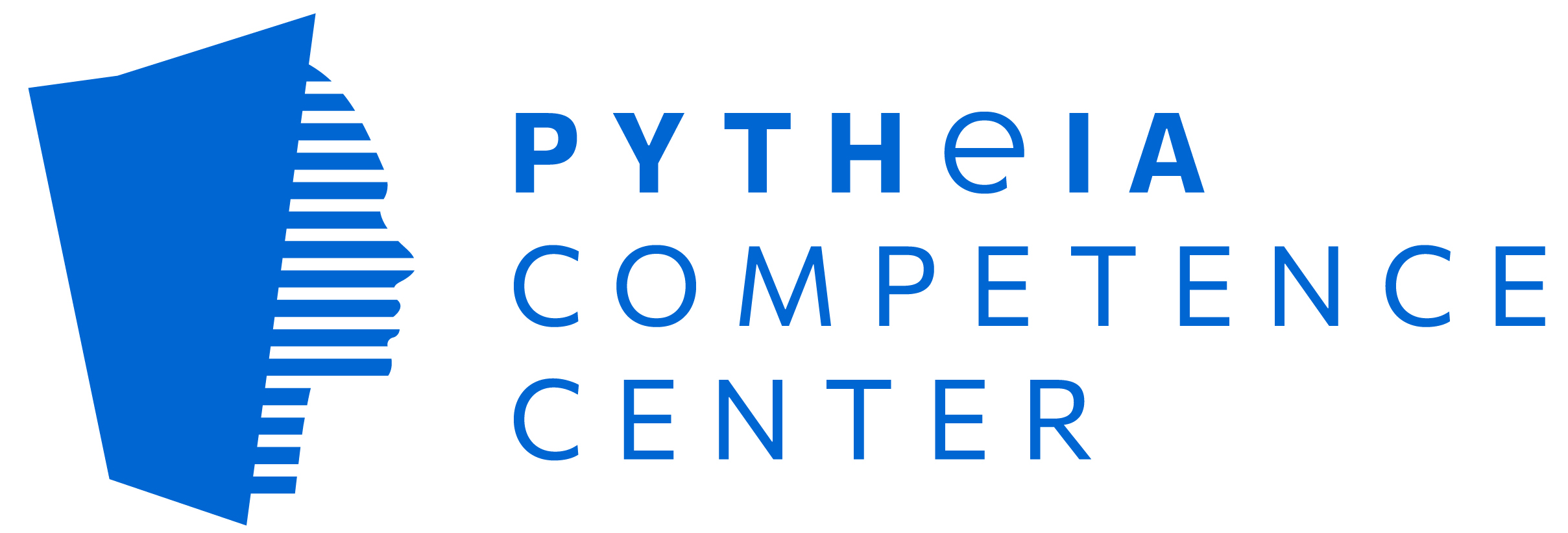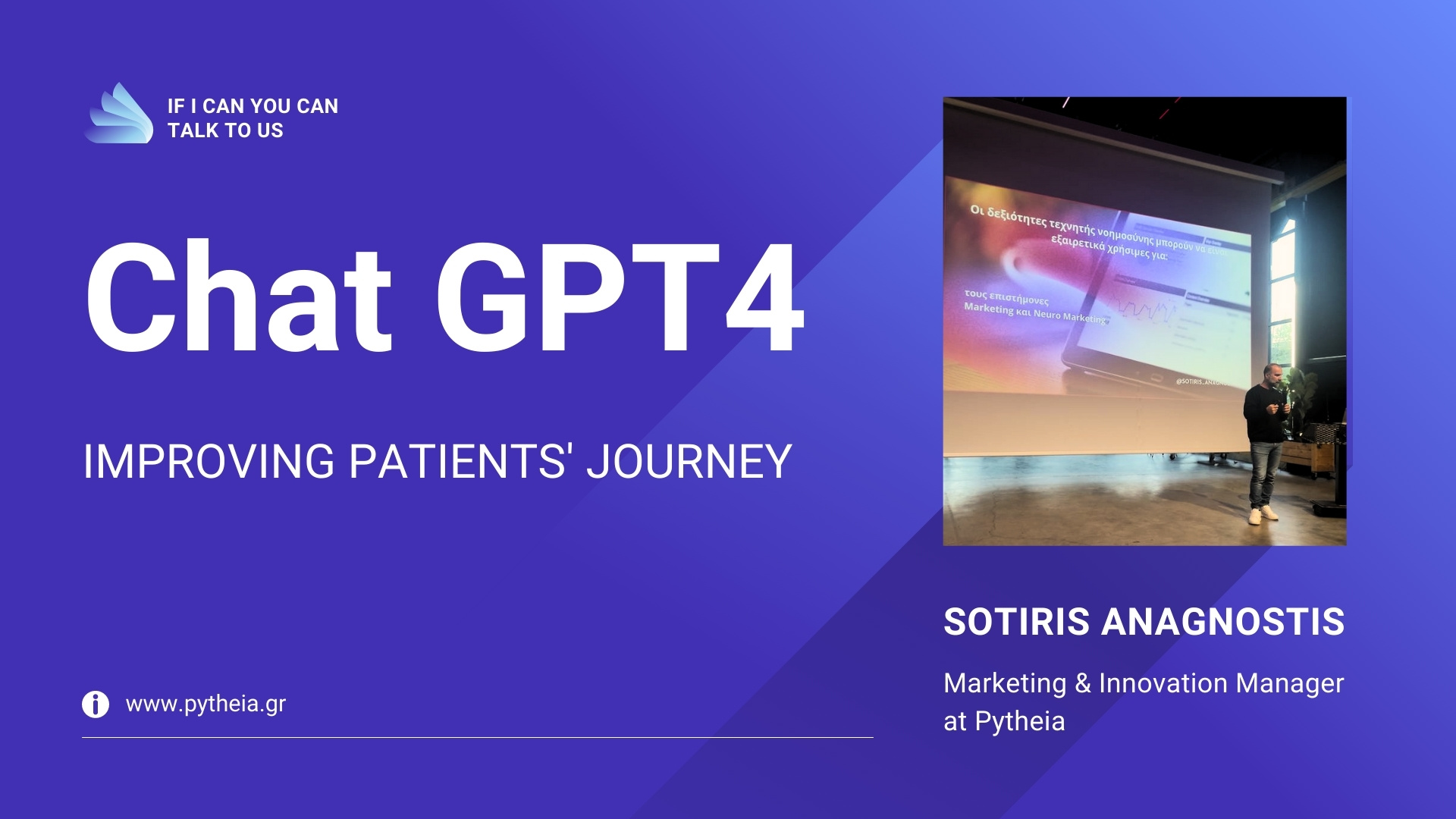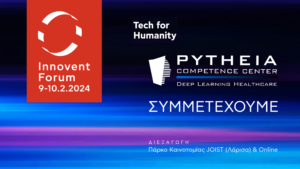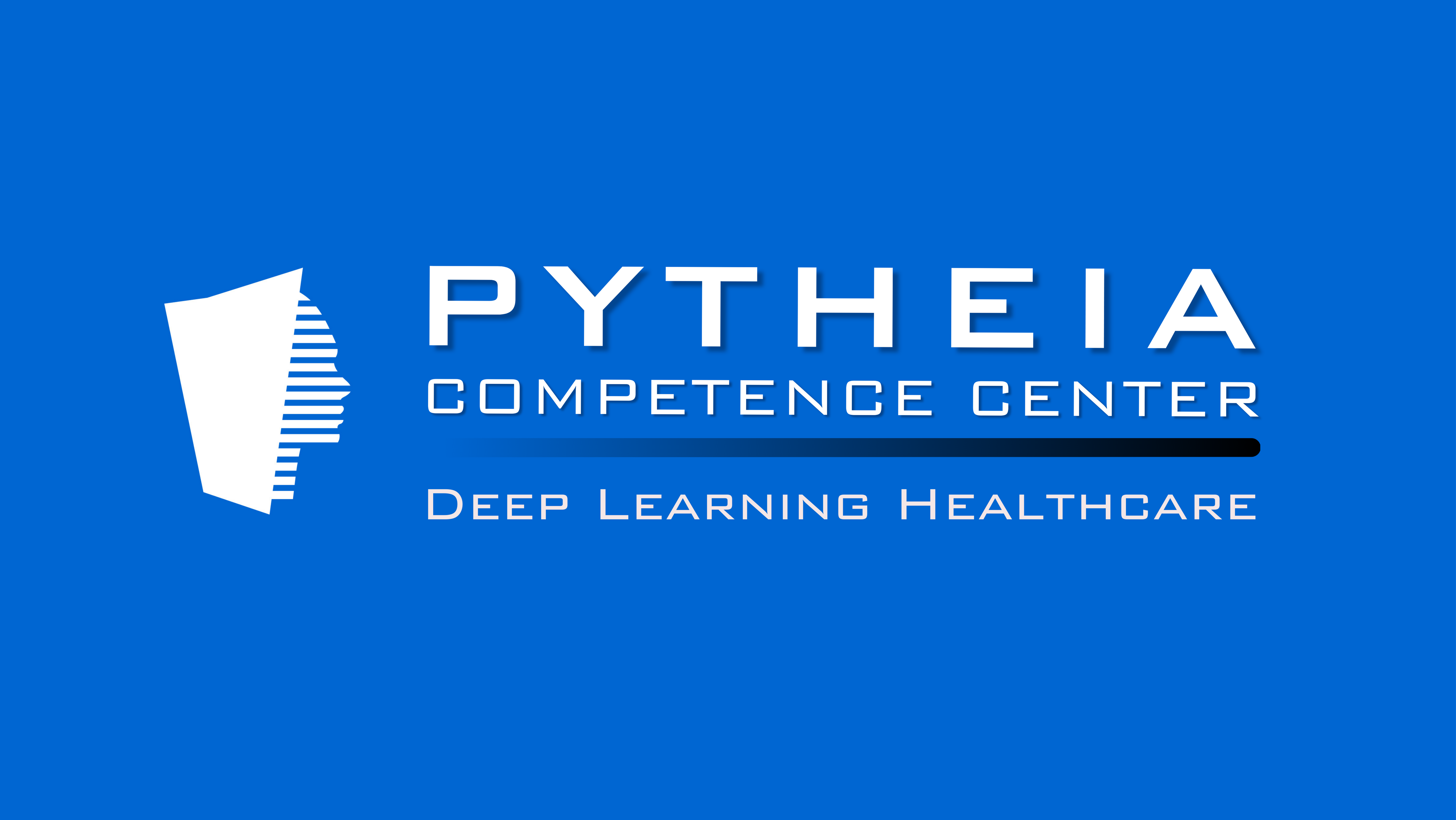The healthcare industry has seen an incredible transformation over the past decade with the advent of artificial intelligence (AI) and machine learning (ML) technologies. These technologies have opened up a new world of possibilities for healthcare providers, enabling them to improve patient care, reduce costs, and increase efficiency. One of the most significant advancements in AI technology is the development of ChatGPT4, an AI-powered chatbot that is transforming the healthcare industry.
ChatGPT4 is a natural language processing (NLP) tool that uses ML algorithms to understand human language and provide relevant responses. It is a product of OpenAI, a leading research organization that specializes in developing AI tools and applications. In Pytheia Competence Center we build apps with APIs from openai.
The ChatGPT4 chatbot has been integrated into various healthcare systems and applications, allowing patients to communicate with healthcare providers more efficiently. This technology is particularly useful in situations where a patient requires immediate medical attention, and there are no healthcare providers available. The chatbot can collect data about the patient’s symptoms and provide recommendations or schedule an appointment with a healthcare provider.
ChatGPT4 is also being used to improve patient engagement and communication. The chatbot can help patients manage their medication, provide reminders for appointments, and answer questions about their health conditions. This technology is particularly useful for patients who have chronic conditions and require regular follow-up care.
Reduce the workload of healthcare providers
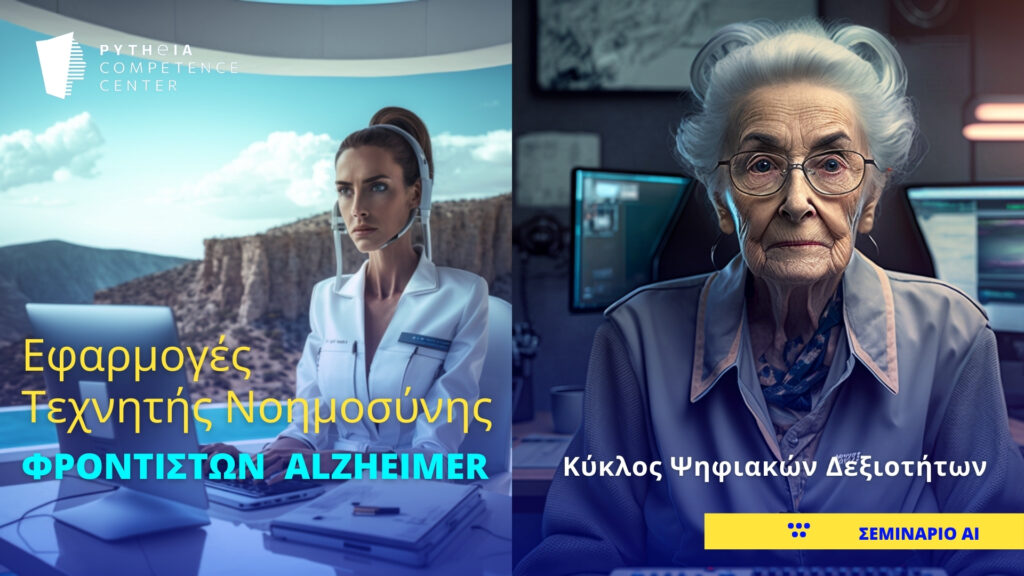
Another significant benefit of ChatGPT4 is its ability to reduce the workload of healthcare providers. The chatbot can collect and analyze data from multiple sources, such as medical records, lab reports, and imaging studies. This information can be used to identify patterns and trends, which can help healthcare providers make more informed decisions about patient care.
ChatGPT4 has also been used to improve patient outcomes in clinical trials. The chatbot can collect data from participants, monitor their progress, and provide feedback. This technology has been particularly useful in clinical trials for rare diseases, where there are limited resources and patients may be geographically dispersed.
The integration of ChatGPT4 in healthcare has revolutionized the industry by providing patients with efficient and effective communication tools, improving patient engagement and communication, and reducing the workload of healthcare providers. Its ability to collect and analyze data has also improved patient outcomes in clinical trials. As AI technology continues to advance, we can expect to see even more innovative solutions that will transform the healthcare industry.
AI and Patient Journey
The healthcare industry is continuously evolving, and new technologies are emerging to improve the patient journey. One of the most significant advancements in healthcare technology is the application of AI and machine learning algorithms to enhance patient care.
The use of AI chatbots, such as ChatGPT4, can significantly improve the patient journey by providing a more personalized experience. Patients can communicate with the chatbot to receive relevant information about their health condition, medication, and treatment options. The chatbot can also provide reminders for appointments and medication, which can improve patient adherence to treatment plans.
In addition to the use of AI chatbots, healthcare providers can also leverage other technologies to improve the patient journey. For example, electronic health records (EHRs) can help healthcare providers collect and store patient information in a more organized and accessible way. Patients can also access their health information through online patient portals, which can help them better understand their health condition and treatment options.
Telemedicine is another technology that is rapidly gaining popularity in the healthcare industry. With telemedicine, patients can receive medical consultations and treatment from the comfort of their homes. This technology is particularly useful for patients who live in remote areas or have mobility issues.
To improve the patient journey
, healthcare providers can also focus on providing patient-centered care. This approach involves understanding the patient’s needs, preferences, and values and tailoring the treatment plan accordingly. Healthcare providers can also encourage patient involvement in decision-making and provide education about their health condition and treatment options.

Patient engagement is another crucial factor in improving the patient journey. Healthcare providers can use various strategies to encourage patient engagement, such as personalized communication, health coaching, and patient support groups.
For me, the use of AI and other technologies can significantly improve the patient journey in healthcare and in Pytheia Competence Center we move further than this. Healthcare providers can leverage these technologies to provide a more personalized and efficient patient experience. In addition to technology, healthcare providers can also focus on patient-centered care and patient engagement strategies to enhance the patient journey further. By working together, we can create a healthcare system that is more accessible, affordable, and patient-focused. teva ativan price
Ethical implications
In addition to the advancements in healthcare technology, it is important to consider the ethical implications of AI applications like ChatGPT4. While AI has the potential to improve patient care, it is essential to develop these applications in accordance with bioethical rules and regulations.
AI chatbots like ChatGPT4 must adhere to strict ethical standards to ensure patient privacy, autonomy, and informed consent. Developers must also ensure that the algorithms are fair and unbiased, without perpetuating any systemic inequalities or discrimination.
In addition to the ethical considerations of AI development, it is essential to consider the impact of these technologies on healthcare professionals. Healthcare providers must be trained in the use of AI chatbots and other technologies to ensure that they are used correctly and ethically.
As the use of AI in healthcare continues to grow, it is essential to consider the ethical implications of these technologies. By developing AI applications in accordance with bioethical rules and regulations, we can create a healthcare system that is not only more efficient and personalized but also more ethical and patient-centered.
S.A
